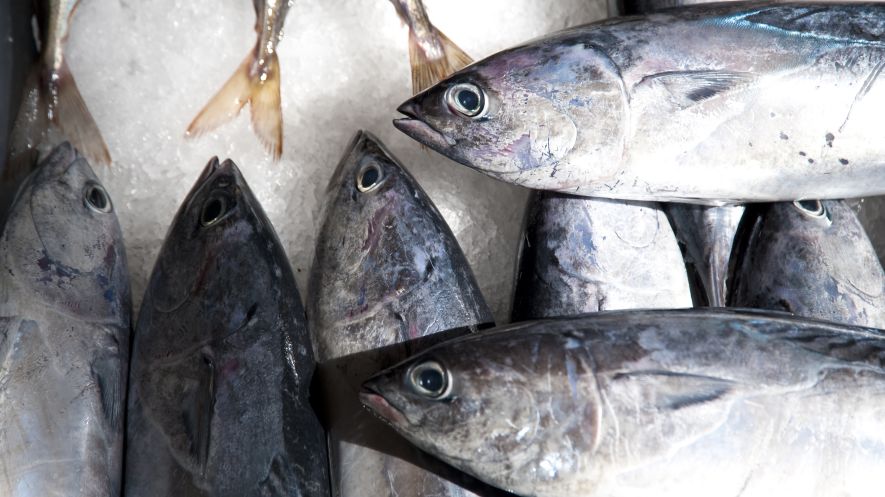According to a new study published in the journal Nature Communications, catch reconstructions from 1950 to 2010 reveal that global marine fisheries catches are higher than reported and they’re declining at an alarming rate. They warn that the documented overfishing threatens the stability of the number one source of animal protein on the planet: seafood.
The study calculated that global fish catch estimates were about 32 million metric tons below the actual take, based on officially reported numbers. Authors Daniel Pauly and Dirk Keller of the University of British Columbia gathered information with the help of hundreds of other scientists around the world, gathering data for over 200 countries and territories. What the found did not match up with data tracked by United Nations Food and Agricultural Organization (FAO).
The authors of the study say that they identified “catch trajectories differing considerably” from the national data submitted to (and tracked by) the FAO. They suggest that global seafood catch actually peaked at 130 million tons, and that it “has been declining much more strongly since.”
“This decline in reconstructed catches,” say the authors, “reflects declines in industrial catches and to a smaller extent declining discards, despite industrial fishing having expanded from industrialized countries to the waters of developing countries. The differing trajectories documented here suggest a need for improved monitoring of all fisheries, including often neglected small-scale fisheries, and illegal and other problematic fisheries, as well as discarded bycatch.”
They hope their study will contribute to “improvements in national data collection systems.”
They suggest that “A policy change that would be straightforward for FAO to coordinate and implement with all countries around the world is to request countries to submit their annual catch statistics separately for large-scale and small-scale fisheries.”
While warning that high catches achieved in the 1990s were “probably not sustainable” the authors do believe think perhaps that stock rebuilding, “is a policy that needs wider implementation, and which would generate even higher sustained benefits than previously estimated from reported catches.”
On the other hand, they warn, the recent catch decline they documented “is of considerable concern in its implication for food security, as evidenced by the decline in per capita seafood availability."





